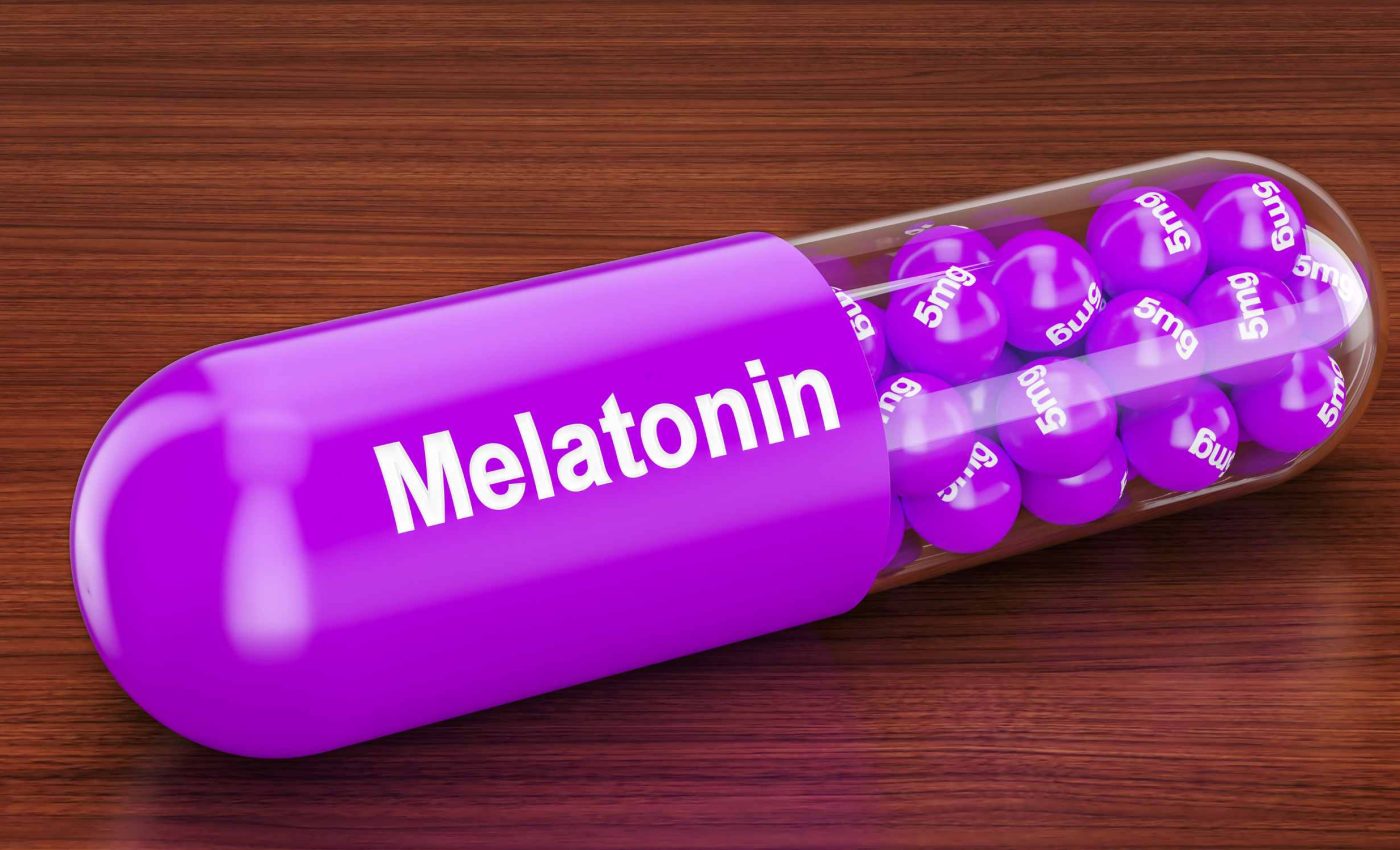
Healthier DNA thanks to an inexpensive, over-the-counter supplement
Melatonin is commonly found on drugstore shelves in the United States and is well known for its link to better sleep. Scientists recently explored this supplement’s impact on oxidative DNA damage, which occurs when daily cellular processes form harmful byproducts that can disrupt genetic material.
This new research focused on those who work during late hours, who often face reduced production of melatonin at night. Dr. Umaimah Zanif, from Occupational and Environmental Medicine in Canada, led the team and evaluated whether adding an inexpensive over-the-counter melatonin supplement to daytime rest could improve the body’s natural ability to repair DNA.
DNA repair matters and supplements needed
Cells need a way to fix ongoing wear and tear so that harmful changes do not take hold. Researchers have long suspected that alterations in circadian rhythms can affect many bodily functions, including the repair of genetic material.
Those who work during traditional sleeping hours often have higher amounts of circulating melatonin, which can offer some antioxidant protection.
When that level drops in individuals on night shifts, it may become harder for their bodies to handle daily oxidative strain.
Scientists in this field believe that disruptions in the melatonin supplement can interfere with enzymes needed to remove damaged DNA.
By targeting this link between hormone levels and cellular maintenance, researchers hope to improve long-term well-being among people with unusual schedules.
How the melatonin trial was organized
In this study, a group of adults who regularly handled work during normal sleeping hours were randomly assigned to take a melatonin supplement or a placebo. Over several weeks, the team measured how well each participant’s system cleared out broken bits of DNA.
Some participants took the supplement before sleeping in the daytime, when their bodies would normally produce very little melatonin. The researchers used standard techniques to analyze nighttime and daytime urine for biochemical markers linked to DNA repair.
With this approach, the scientists could see whether the supplement made a real difference in how effectively the body removed potentially harmful byproducts. They noted a clear improvement during daytime rest in those who used melatonin.
A snapshot of the key findings
“Our randomized placebo-controlled trial suggested melatonin supplementation may improve oxidative DNA damage repair capacity among night shift workers,” said Dr. Zanif. The data showed that supplement users excreted higher levels of a specific repair marker after their day shift ended.
The improvement was not observed once they went back to overnight work. This makes sense to experts, given that melatonin levels typically sink during late hours if a person is exposed to bright environments.
When participants continued taking the same amount of melatonin for weeks, the effect on daytime rest persisted. Researchers say this finding backs the idea that targeted timing and dose may be needed for best results.
Other effects and considerations
Some participants also recorded how rested they felt while using the supplement. In general, melatonin has been linked to slightly better daytime sleep, though results vary from person to person.
Those behind the trial say that mixing the supplement with changes in exposure to light could yield even bigger benefits.
Small shifts, such as avoiding bright rays after a night shift, may increase melatonin naturally and lessen the need for synthetic help.
Individuals with rotating schedules might consider discussing safe supplement use with a doctor. This conversation can help account for personal factors like overall health, work routines, and consistent patterns of rest.
More melatonin: Possibilities for future research
“Our findings warrant future larger-scale studies that examine varying doses of melatonin supplements and longer-term impacts of melatonin use,” noted Dr. Zanif.
Because this was a smaller study, the authors believe larger projects would confirm whether the benefit truly lasts over many months or even years.
They are interested in identifying any long-term changes in overall health that might stem from better DNA repair. This includes possible links to various serious diseases that have been associated with disrupted sleep cycles.
As more data comes in, there may be recommendations for how workers can schedule melatonin to align with their specific job demands. Careful planning around daily tasks could be a simple way to maintain more robust cellular upkeep.
Hope for those on late hours
Night shift employees often struggle to regulate the hormones that most people release naturally in darkness. An affordable supplement capsule that supports DNA repair may eventually become part of regular self-care if upcoming results confirm what this pilot project suggests.
At the same time, experts urge caution for anyone experimenting on their own, since every supplement has potential side effects and unique interactions with medications. For most, well-timed use and standard safety checks could offer a manageable route to feeling better equipped for upside-down schedules.
Some professionals may use these findings to shape workplace guidelines. Even small policy changes, such as offering dimmer lighting in post-shift break areas, could reinforce the body’s natural cycles while saving employees from unwanted risks.
Final thoughts
This trial opens a fresh dialogue about whether an easy-to-buy supplement can benefit people who rest while the sun is out. Next steps include detailed research to see if melatonin’s influence on DNA repair translates into broader health advantages in demanding shift-work settings.
If investigations show solid advantages, then the everyday supplement aisle might hold a remarkable ally for the modern worker who seldom follows a 9-to-5 routine. Until then, experts lean on caution and suggest that individuals remain aware of how any supplement can influence sleep and general well-being.
The study is published in Occupational and Environmental Medicine.
—–
Like what you read? Subscribe to our newsletter for engaging articles, exclusive content, and the latest updates.
Check us out on EarthSnap, a free app brought to you by Eric Ralls and Earth.com.
—–













